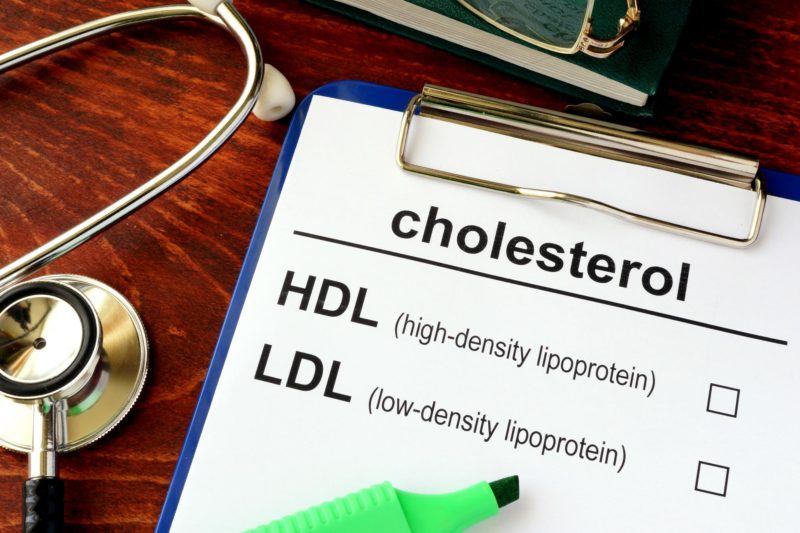
Cholesterol tests and what you should know
Cholesterol gets a bad rap, but it is not characteristically “bad.” It is a waxy substance that your body uses to build cells and produce hormones and vitamins that you need. However, there are two distinct kinds of this fatty substance. Good cholesterol or high-density lipoprotein (HDL) actually removes cholesterol from your bloodstream. Lo-Density Lipoprotein (LDL) or the “bad” cholesterol can put you at a higher risk for heart disease and/or stroke. 1
Cholesterol Normal Range and Levels
In adults, total cholesterol levels less than 200 milligrams per deciliter (mg/dL) are considered healthy.
- A reading between 200 and 239 mg/dL is borderline high.
- A reading of 240 mg/dL and above is considered high.
High LDL cholesterol levels are more than 100 mg/dL.
- 100–129 mg/dL is acceptable for people with no health problems but may be a concern for anyone with heart disease or heart disease risk factors.
- 130—159 mg/dL is borderline high.
- 160–189 mg/dL is high.
- 190 mg/dL or higher is considered extremely high. 2
High Cholesterol Symptoms and Signs
There are no common symptoms or signs of high cholesterol. This highlights the importance of getting tested regularly. According to the National Heart, Lung, and Blood Institute, cholesterol screenings should occur every one to two years for men ages 45 to 65 and for women ages 55 to 65. People over 65 should receive cholesterol tests annually.
Causes of High LDL Cholesterol Levels
Older aged, obesity, being inactive, smoking, even family history, affects your levels. However, the good news is that you can prevent or treat high cholesterol. Making healthy food decisions and exercising are the best ways to reduce your risks. Eat less saturated fats such as dairy products and red meat. Choose lean meats, nuts, avocados, and avoid foods that contain trans-fat. That is almost anything fried or packaged. Your exercise routine can be as simple as going for a daily walk, taking a yoga class, or just riding your bike to the store. The goal is 30 mins of activity a day. Depending on your risk factors, your doctor may adjust your lifestyle habits or prescribe medicine. Do not skip doses or change your treatment plan unless you talk to your doctor first.
High LDL Cholesterol can cause an accumulation of cholesterol and other deposits on the walls of your arteries (atherosclerosis). These deposits (plaques) can reduce blood flow through your arteries, which can cause major complications with your health. However, high cholesterol is one of the major controllable risk factors for coronary heart disease, heart attack and stroke. The first step is getting tested. 3
Get Your Cholesterol Test Today
If you are interested in getting your cholesterol levels tested, you should strongly consider getting screened for risks of stroke and cardiovascular disease. Life Line Screening offers a package of 5 screenings in 1 appointment to identify risks of stroke and cardiovascular disease.
Over 10 million people have already trusted Life Line Screening. Schedule your appointment with us today to get peace of mind or early detection.
Sources:
- American Heart Association: “HDL (Good), LDL (Bad) Cholesterol https://www.heart.org/en/health-topics/cholesterol/about-cholesterol
- Medical News Today http://www.nlm.nih.gov/medlineplus/ency/article/000403.html
- Blood cholesterol. National Heart, Lung, and Blood Institute. https://www.nhlbi.nih.gov/health-topics/blood-cholesterol